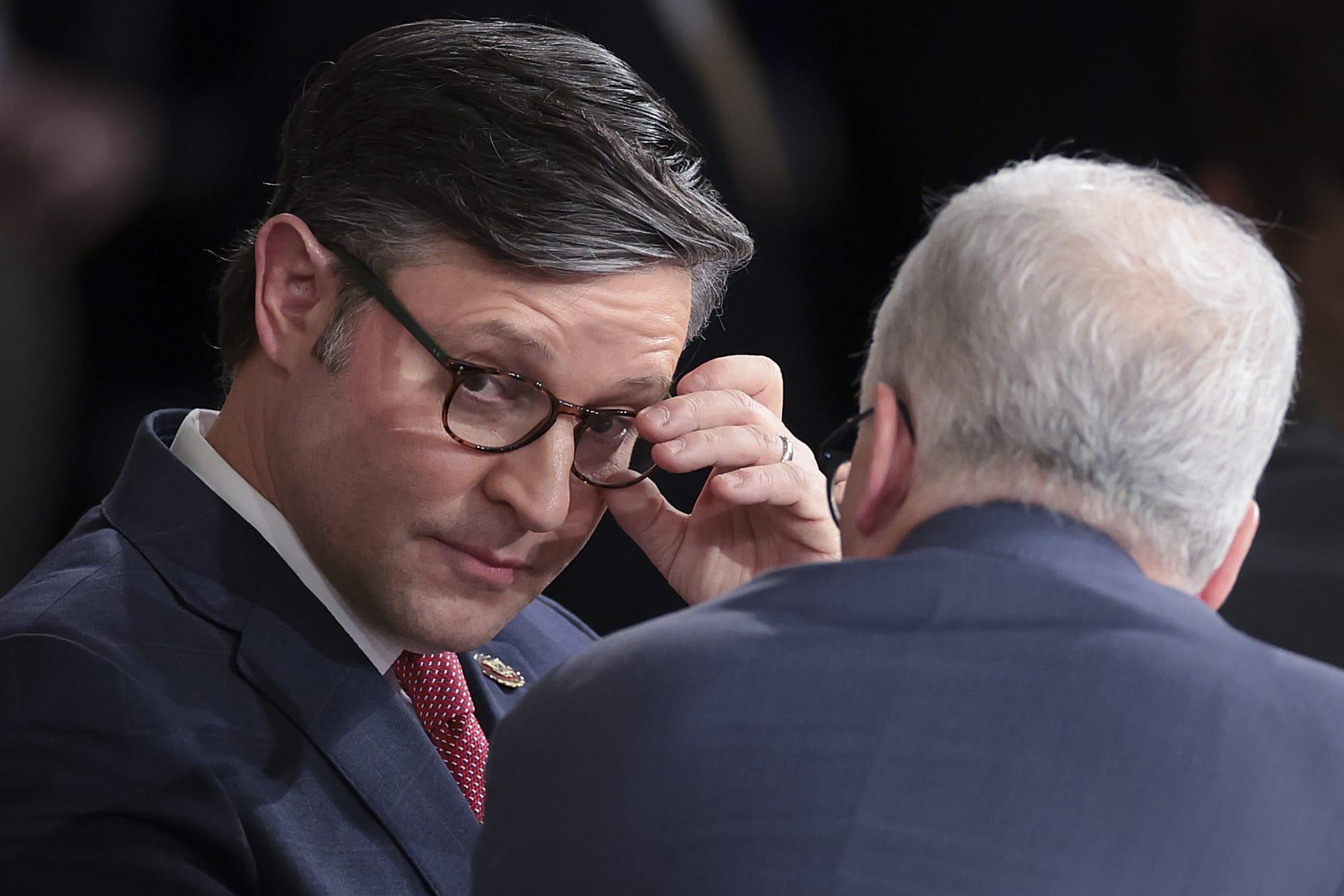In a decisive action that underscores the current political dynamics within the House of Representatives, lawmakers have approved new rules intended to safeguard Speaker Mike Johnson from potential ouster efforts. This development reflects the ongoing challenges faced by party leaders in maintaining unity and authority amid a backdrop of political strife and shifting allegiances.
The new rules, which garnered bipartisan support, establish a framework that complicates the process through which a Speaker can be removed from office. This move comes in the wake of increasing tensions within the Republican Party, particularly as factions vie for influence and direction. The decision to implement these protections for Johnson is seen as a strategic effort to consolidate power and mitigate the risks associated with internal dissent.
One of the key provisions of the new rules is the requirement of a supermajority vote for any motion to remove the Speaker. This raises the threshold for challenges to Johnson’s leadership, thereby providing him with a more stable platform from which to govern. Proponents of the change argue that it will foster a more cohesive leadership structure, allowing the Speaker to focus on legislative priorities without the constant threat of being ousted by dissenting members.
The approval of these rules comes at a time when the House is grappling with a series of complex issues, ranging from budget negotiations to social policy debates. Johnson, who has been in office for a relatively short period, faces the dual challenge of navigating these legislative priorities while also managing the diverse interests within his party. The new protections are viewed as essential for ensuring that he can effectively lead during this critical period.
Critics of the new rules express concern that they may entrench power and limit accountability within the House. Some lawmakers argue that the ability to challenge leadership is a fundamental aspect of democratic governance, and that making it more difficult to remove a Speaker could lead to complacency and a lack of responsiveness to the needs of constituents. However, supporters contend that the changes are necessary to provide stability and continuity in leadership, especially as the House faces significant legislative hurdles.
The political landscape in the House has been marked by volatility in recent years, with leadership changes and internal conflicts becoming increasingly common. The decision to implement these new rules signals a recognition of the need for a more robust framework to support leadership in the face of such challenges. By reinforcing Johnson’s position, the House aims to create an environment where legislative priorities can be pursued more effectively.
As the House moves forward with these new protocols, the implications for the Republican Party and its governance strategies will be closely monitored. Johnson’s leadership style and ability to unify his party will be put to the test as he navigates the complexities of his role. The success of these new rules in providing stability will depend largely on the cooperation and goodwill of party members, who will ultimately determine the effectiveness of this approach.
In conclusion, the House of Representatives has taken a significant step by approving new rules designed to protect Speaker Mike Johnson from potential ouster. These changes reflect the ongoing challenges within the Republican Party and the need for a more stable leadership framework. As the political landscape continues to evolve, the impact of these new regulations on governance and party dynamics will be an important area of focus for lawmakers and observers alike.



